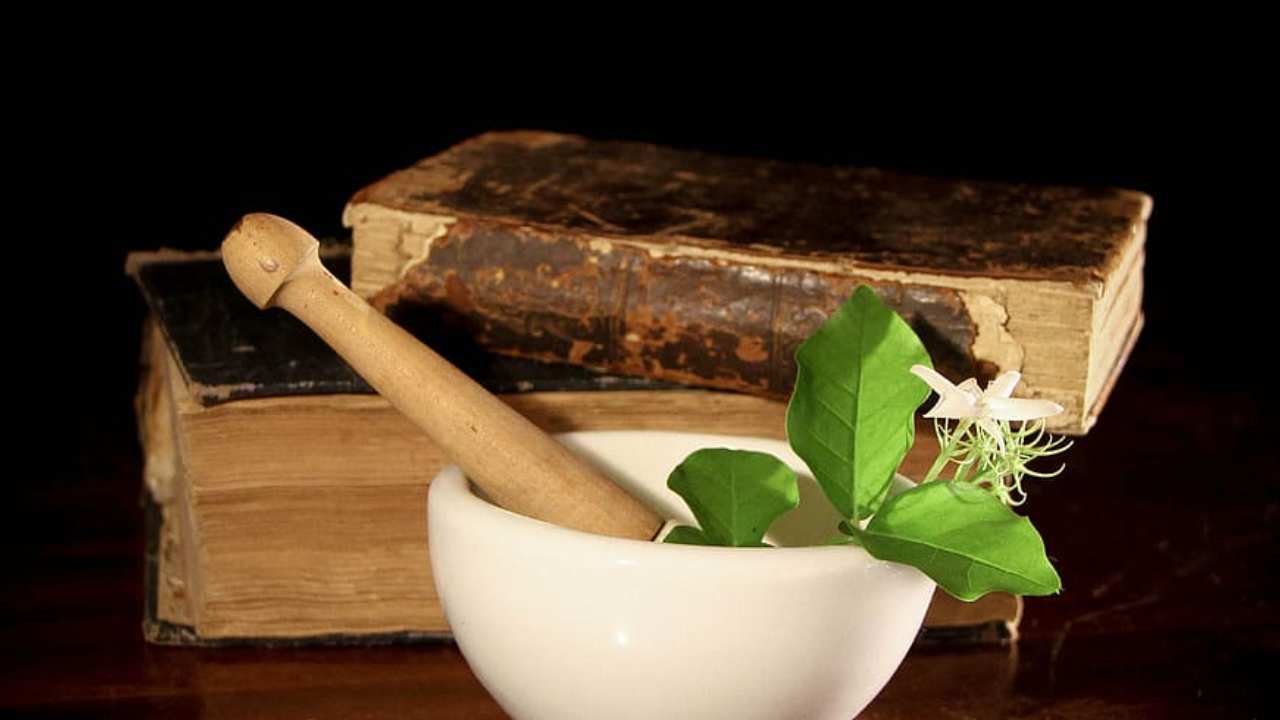A proposal to set up a World Health Organization (WHO) International Center for Traditional Medicine in Jamnagar, Gujarat through the signing of an agreement between the Government of India and the WHO was approved at a meeting of the union cabinet chaired by Prime Minister Narendra Modi on Wednesday.
The centre (office) will be set up under the Union Ministry of AYUSH. It will be the first such traditional medical centre in the world.
The proposed centre in Jamnagar will determine the necessary guidelines, rules, procedures and standards for traditional medicine. With this, the analysis of the collected data will become easier. The centre will play an important role in organising field-based skills development, training programmes.
WHO Director General Dr Tedros Adhanom Ghbereyesus announced the establishment of WHO GCTM in India on the occasion of 5th Ayurveda Day on November 13, 2020. The Prime Minister said the WHO GCTM will emerge as a centre of global wellness and bolster evidence-based research, training and awareness for traditional medicine.
A Joint Task Force (JTF) has been constituted to coordinate, operate and monitor the activities for the establishment of this center. The JTF consists of representatives from the Government of India, the Permanent Mission of India, Geneva and the World Health Organization. Under this, an interim office as ITRA is being set up at Jamnagar, Gujarat to carry out the identified technical activities and plan for a fully functioning WHO GCTM.
The Ministry of AYUSH has collaborated with WHO on several fronts including developing benchmark documents on training and practice of Ayurveda and Unani system, introducing another module in the traditional medicine chapter of International Classification of Diseases-11, developing applications like M-Yoga and International Pharmacopoeia, and the work of other research studies, etc.
Traditional medicine is a major pillar of the healthcare delivery system and plays a crucial role in maintaining good health and well-being. As the world approaches the 10-year milestone for sustainable development goals in 2030, safe and effective traditional medicine will play a key role in ensuring that all people have access to quality essential health care services and safe, effective and affordable essential medicines. The WHO-GCTM will identify the various challenges faced by countries in regulating, integrating and promoting traditional medicine in the respective countries.


























